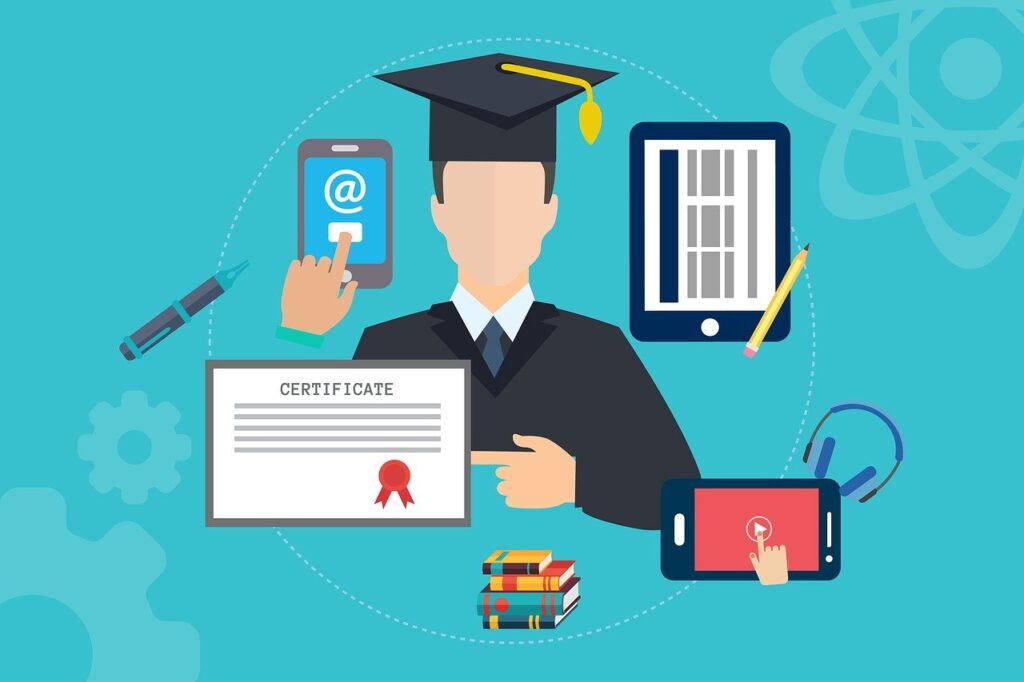How AI is Revolutionising Modern Education
UK Correspondent: Peter Minkoff
Artificial intelligence has rapidly transformed many sectors, and education cannot be an exception. From personalised learning experiences to the smoothening of administrative tasks, AI’s integration into modern education has been a game-changer. The following article identifies and discusses five key insights on how AI reconfigures the educational space and helps educators and students.

Personalised Learning Experiences
The most important contribution that AI has made in the realm of education is in personalised learning. The educators conventionally have tried to accommodate the learning pace and style of each student within a standard classroom setting. Today, AI-powered platforms make personalised learning pathways possible, adjusting to the needs of individual students. Most of them use data to analyse student performance, identify knowledge gaps, provide real-time feedback, and present additional resources for achieving better results. In this respect, no student will be lagging, and both learning and achievement will improve.
AI in Administrative Tasks
Aside from the classrooms, artificial intelligence has proved to be a very valuable assistant for schools and universities when it comes to administrative tasks. With AI-powered systems at their side, educational facilities have been able to automate routine tasks, such as grading and scheduling, and tracking student and staff attendance. As a result of these innovations, the administrative burden on teachers is reduced so that they can put more effort into teaching and engaging with students. AI-powered technologies can also help optimise enrollments and even identify students who are at risk so that interventions can be made in time.
Enhancing Digital Learning Resources
Artificial intelligence has transformed the speed and accessibility related to digital learning resources, providing students with tools that complement traditional education. In countries like Australia, where the Victorian Certificate of Education (VCE) plays a crucial role in secondary education, AI has facilitated the development of high-quality online learning materials. For VCE students, this means simulations, quizzes, and interactive multimedia to enhance learning. Students can now find excellent VCE notes online, curated through systems that ensure relevance and accuracy. The abundance of digital content ensures that learning becomes much more flexible; now, students can avail opportunities to study at their own pace and convenience.
AI as a Learning Assistant
AI-driven virtual assistants are becoming an integral part of learning. Such systems can engage in a range of activities with students, such as answering questions, explaining concepts, and even recommending extra study materials. AI-powered assistants, such as chatbots and virtual tutors, can provide student support outside of what human teachers can offer. At times when students need it, these can function at hours of the night or during periods of absence. Such continuous presence and support will be most welcome for students in under-resourced or remote areas, where teacher access might be at a premium.
Bridging Gaps in Global Education
Artificial intelligence is serving as a key to making education more accessible for students around the world. AI-enabled platforms are in a position to translate educational content into various languages, thus breaking the barriers of languages. Secondly, AI can also develop adaptive learning systems to achieve the objective of providing inclusive access to educational materials for differently-abled students. AI can be used in developing regions to close the digital divide, creating low-cost, scalable educational solutions – often delivered via mobile platforms. This democratisation of education allows more students worldwide to gain access to high-quality learning resources, improving educational equity and outcomes.
In conclusion, the presence of AI in contemporary education has been transformative. In the years to come, as AI continues to evolve both in capability and capacity, it will be increasingly instrumental in addressing the imbalances within education and ensuring a better quality for all concerned. By leveraging AI, educators and students alike would finally have a future in which learning would be more efficient, more equitable, and more engaging.
Contact Media PA
027 458 7724
phillip@mediapa.co.nz

